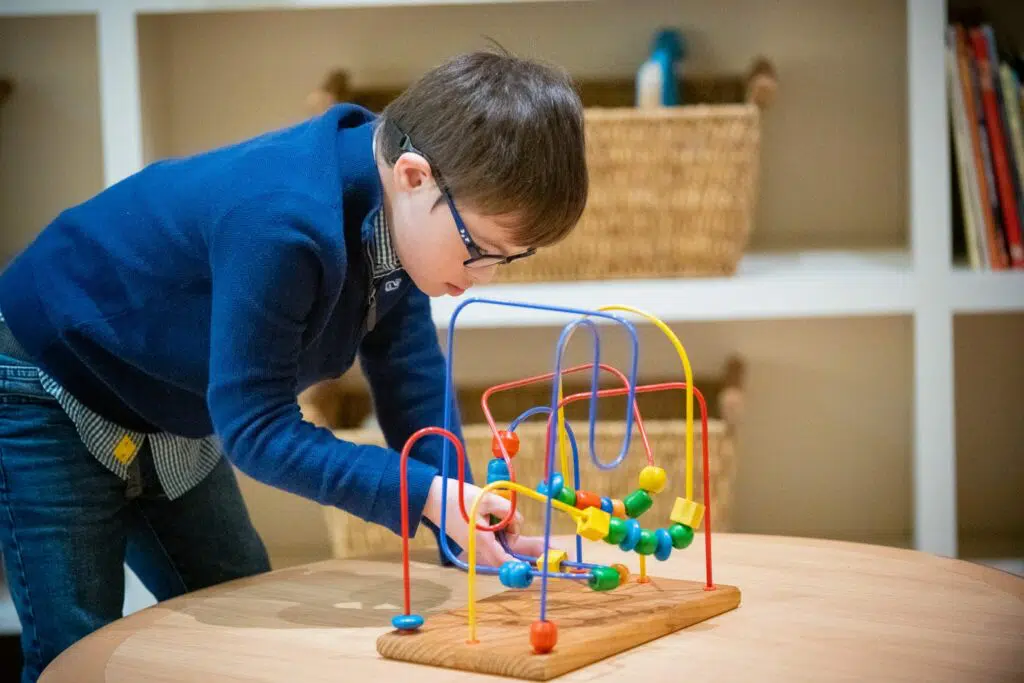Commonly called "laughing gas," Nitrous Oxide is inhaled with a mixture of pure oxygen. Nitrous Oxide is a very safe and widely used inhalation medication in pediatric dentistry. During administration, your child may experience a tingling or "heavy" feeling in their arms and legs. This causes a bit of distraction and reduces the impact of minor stimulation on the patient. Nitrous oxide is used mainly to provide a calming effect and is very reversible. After its use, 100% oxygen is administered, clearing any leftover nitrous from their system, so patients leave just like they walked in.
For a young or anxious child, oral sedation employs the use of one or two oral medications, usually along with nitrous oxide/oxygen, to allow them to stay more relaxed throughout their appointment. Medications are administered in the office, on the day of treatment, and dosed by your child’s age and weight. Your child is dosed to a level of enhanced relaxation, not to be put to sleep. We want your child to be awake and to respond to our words and entertainment. Oral sedation helps us to complete more dentistry, in fewer appointments, than without. Patients recover over the next few hours after their visit and return to their normal routines the next day.
IV Sedation involves using a separate dental anesthesiologist, specializing in the care of children, that sedates your child (in our office) for the duration of their appointment. The anesthesiologist administers medication through an IV to achieve a semi-conscious state, sometimes called "twilight," The patient can respond to stimuli but will not remember the treatment. The patient is also breathing on their own, without intubation, and is only kept asleep for a short period of time. This type of sedation is often recommended if Oral Sedation has been tried and was not successful. In addition, IV sedation allows us to complete all of a patient’s dental work in one visit vs. multiple visits in another way.
The deepest form of sedation, general anesthesia, involves administering medications through an IV while providing a breathing mask/tube while the child is unconscious and unable to respond. Our doctors are on staff at Children's Medical Center of Dallas/Plano and can provide treatment at those facilities if deemed necessary. Typically more advanced dental cases and oral surgeries are best performed in this manner. We rarely require this form of sedation to complete treatment for a child, but certain circumstances may cause this to be the most effective and safest option.
Not every child needs sedation, while some need higher sedation levels to complete certain dental procedures or surgeries. We will carefully evaluate your child's case to determine whether sedation will be necessary, and at what level.
Side effects can vary depending on the level of sedation. Local anesthesia will likely cause numbness in the mouth for a short time. Nitrous oxide will create a tingly or "heavy" feeling in the limbs which quickly dissipates once the gas is removed. For heavy sedation, the patient will feel sleepy and may feel nauseous or have a headache for a short time after waking.
We will always consult you before your child’s dental sedation visit. For most sedations, the rule of thumb is no solid foods 8 hours before the dental appointment and only clear liquids up to 2 hours prior. At 2 hours prior, your child should consume no food or drink.
Feel free to bring a comfort toy or stuffed animal for your child. It is also good to get a light blanket to make them a little more comfortable while they are in the dental chair.

We understand that some procedures can cause anxiety in your child. In some cases, treatments such as cavity fill and dental surgery require sedation to be completed.
We have more than 30 years of experience in sedation dentistry. We review each case carefully to determine what level of sedation is necessary, and we always perform these tasks with your child's safety, health, and comfort in mind. We will inform you of every aspect of the treatment. In the end, the decision is yours.